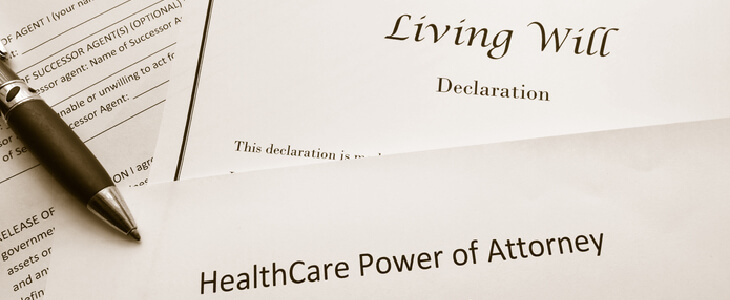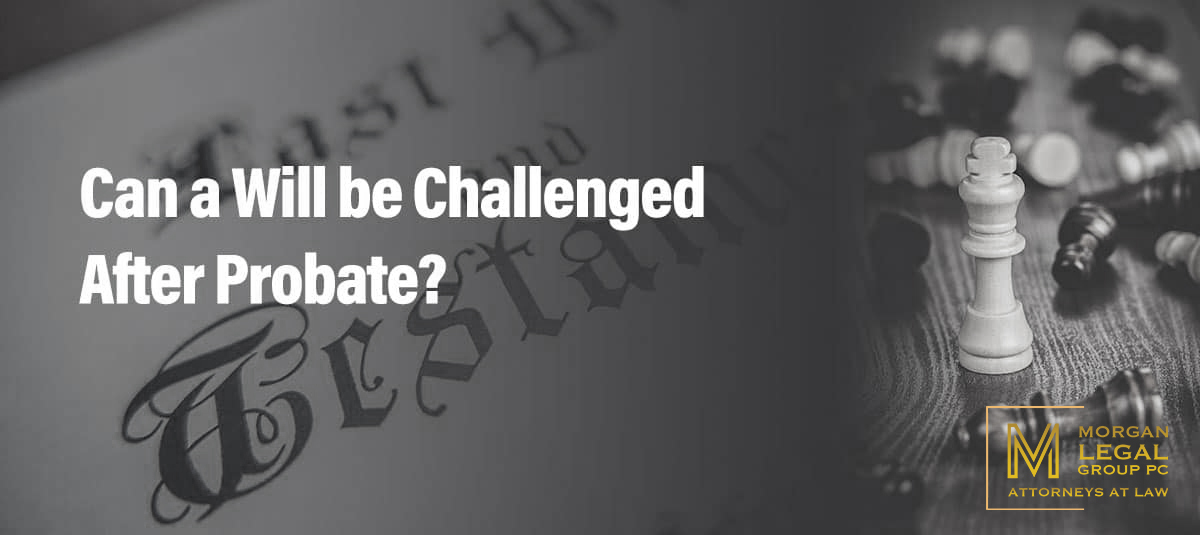Author: AlexFit
Three Estate Planning Items Everyone Needs
1. An up-to-date will or trust
Wills are easy to create, but they require probate for the distribution of assets. Probate is a legal process that involves
Validating a deceased person’s will
Identifying, inventorying, and appraising the deceased person’s property
Paying debts and taxes
Ultimately distributing the remaining property as the will directs.
The probate process often requires a lot of technical paperwork and court appearances, and the resulting legal and court fees are paid from estate property reducing the amount that is passed on to heirs.
Trusts usually avoid probate, which helps beneficiaries gain access to assets quicker as well as save time and court fees. Depending on how it is structured, a trust may also reduce estate taxes owed and can protect an estate from heirs’ creditors.
2. A durable power of attorney
A power of attorney is a written authorization that allows someone else to make financial and legal decisions for a person if that person should become hospitalized, disabled, or otherwise incapacitated. Not all powers of attorney are created equal. Some are put in place for short periods of time only, while a person is vacationing overseas but dealing with legal matters at home. Powers of attorney for property should only be given to trusted individuals, ideally those who are good with financial and legal matters. Medical powers of attorney, giving someone the authority to make healthcare decisions on your behalf, can be separated and given to someone else if desired.
3. Updated beneficiary designation forms
Beneficiary designation forms on life insurance policies, retirement accounts, and other assets will generally override any conflicting provisions within a will or trust. It is essential to make sure all forms are checked and updated regularly, ideally on an annual basis. An estate planning professional can help you create or update these basic items as well as provide suggestions for additional steps if needed.
Letter of Intent
A letter of intent is simply a document left to your executor or a beneficiary. The purpose is to define what you want to be done with a particular asset after your death or incapacitation. Some letters of intent also provide funeral details or other special requests.
Healthcare Power of Attorney
A healthcare power of attorney (HCPA) designates another individual (typically a spouse or family member) to make important healthcare decisions on your behalf in the event of incapacity. If you are considering executing such a document, you should pick someone you trust, who shares your views, and who would likely recommend a course of action you would agree with. After all, this person could literally have your life in their hands




